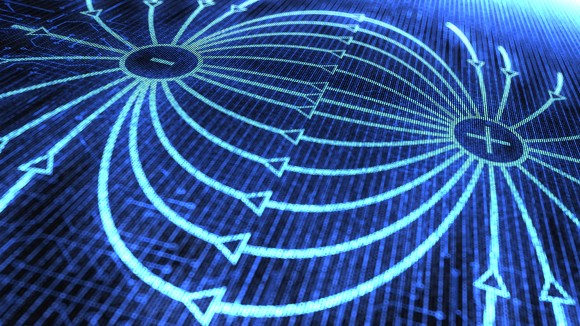 Marijan Beg is a Teaching Fellow in Computational Data Science at Imperial College London. The main focus of his research is computational magnetism - he designs and develops open-source finite-element, finite-difference, and Monte Carlo simulation tools to investigate magnetism and magnetic materials on a nano-scale. Dr Beg has been an Editorial Board Member for Scientific Reports since 2017.
Marijan Beg is a Teaching Fellow in Computational Data Science at Imperial College London. The main focus of his research is computational magnetism - he designs and develops open-source finite-element, finite-difference, and Monte Carlo simulation tools to investigate magnetism and magnetic materials on a nano-scale. Dr Beg has been an Editorial Board Member for Scientific Reports since 2017.
 Byoung Choi is a Professor in the Department of Physics and Astronomy at the University of Victoria, Canada. His research interests include ultrafast phenomena in low-dimensional magnetism and nonequilibrium spin dynamics in nano-scale magnets. Prof Choi has been serving as Editorial Board Member for Scientific Reports since 2014.
Byoung Choi is a Professor in the Department of Physics and Astronomy at the University of Victoria, Canada. His research interests include ultrafast phenomena in low-dimensional magnetism and nonequilibrium spin dynamics in nano-scale magnets. Prof Choi has been serving as Editorial Board Member for Scientific Reports since 2014.
 Peter Fischer is a Senior Scientist at Lawrence Berkeley National Laboratory and Adjunct Professor for Physics at the University of California in Santa Cruz. His research program is focused on the use of polarized synchrotron radiation for the study of fundamental problems in magnetism. Prof Fischer has been an Editorial Board Member for Scientific Reports since 2013.
Peter Fischer is a Senior Scientist at Lawrence Berkeley National Laboratory and Adjunct Professor for Physics at the University of California in Santa Cruz. His research program is focused on the use of polarized synchrotron radiation for the study of fundamental problems in magnetism. Prof Fischer has been an Editorial Board Member for Scientific Reports since 2013.

